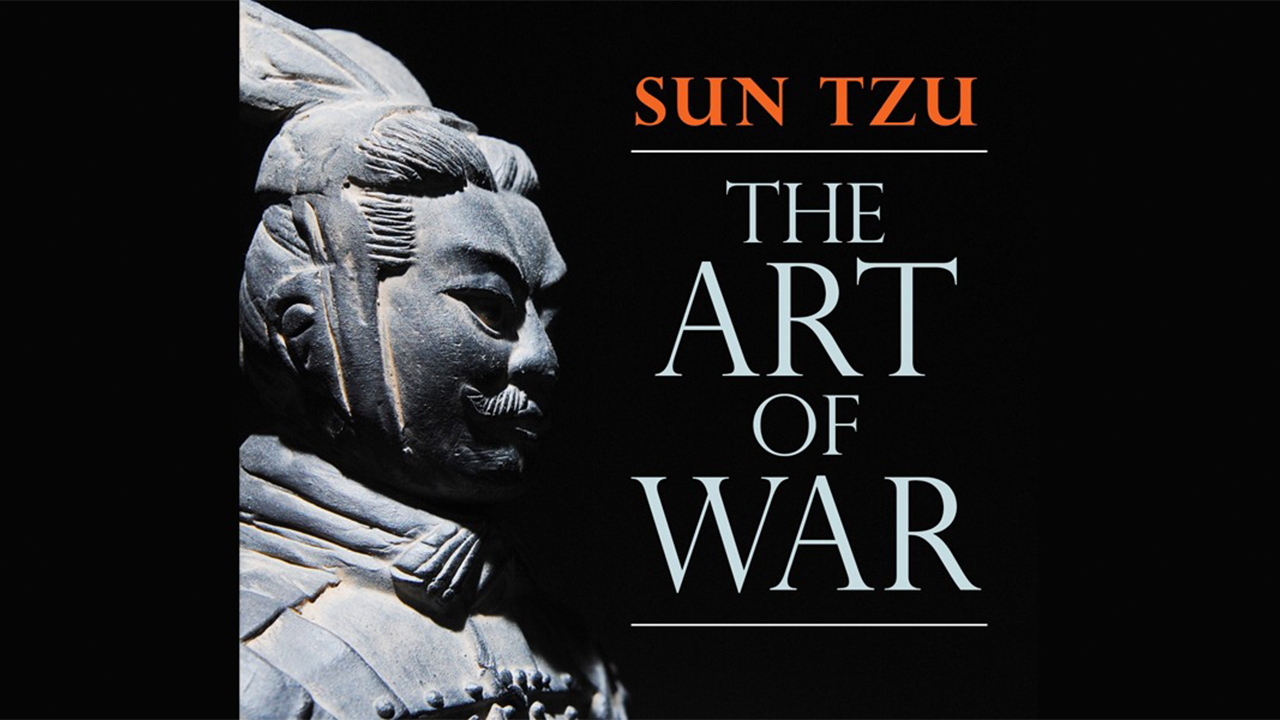Sun Tzu's "The Art of War" is a renowned ancient Chinese military treatise that has been studied and applied in various fields beyond warfare. The book is composed of 13 chapters, each addressing different aspects of warfare, such as planning, strategy, tactics, and leadership. Sun Tzu's insights and teachings have influenced military leaders, business executives, politicians, and sports coaches for centuries.
The fundamental principle of "The Art of War" is to achieve victory without fighting. Sun Tzu believed that the most skilled general is the one who can win the war without having to engage in battle. He believed that the key to success lies in understanding one's enemy, exploiting their weaknesses, and using tactics to outmaneuver them. Sun Tzu emphasized the importance of preparation, timing, and deception in warfare.
One of the most well-known concepts in "The Art of War" is the idea of "knowing oneself and knowing one's enemy." Sun Tzu believed that understanding oneself and one's enemy is essential in achieving victory. He advised that a general must thoroughly analyze their own strengths and weaknesses, as well as those of their opponents. By doing so, they can determine the best course of action and develop a strategy that plays to their strengths and exploits their enemy's weaknesses.
Another key principle in "The Art of War" is the concept of "winning without fighting." Sun Tzu believed that the best way to win a war is to avoid direct confrontation whenever possible. Instead of engaging in a battle of attrition, he advised generals to use creative tactics to outmaneuver their opponents. For example, he suggested the use of spies and deception to gather intelligence and sow confusion in the enemy's ranks. By doing so, a general could weaken their enemy's morale and resolve, making them more vulnerable to defeat.
Sun Tzu also emphasized the importance of flexibility and adaptability in warfare. He believed that a general must be able to adjust their strategy depending on the situation, terrain, and the enemy's actions. He advised that a general should never be rigid in their thinking or actions and must always be willing to change their approach based on the circumstances.
In conclusion, "The Art of War" by Sun Tzu is a timeless masterpiece that offers valuable insights into strategy, tactics, leadership, and human nature. Although it was written for a specific audience of military leaders, its teachings have been applied in various fields beyond warfare. Sun Tzu's philosophy of winning without fighting, knowing oneself and one's enemy, and being flexible and adaptable, is still relevant today and can be applied in business, politics, sports, and everyday life.

Comments